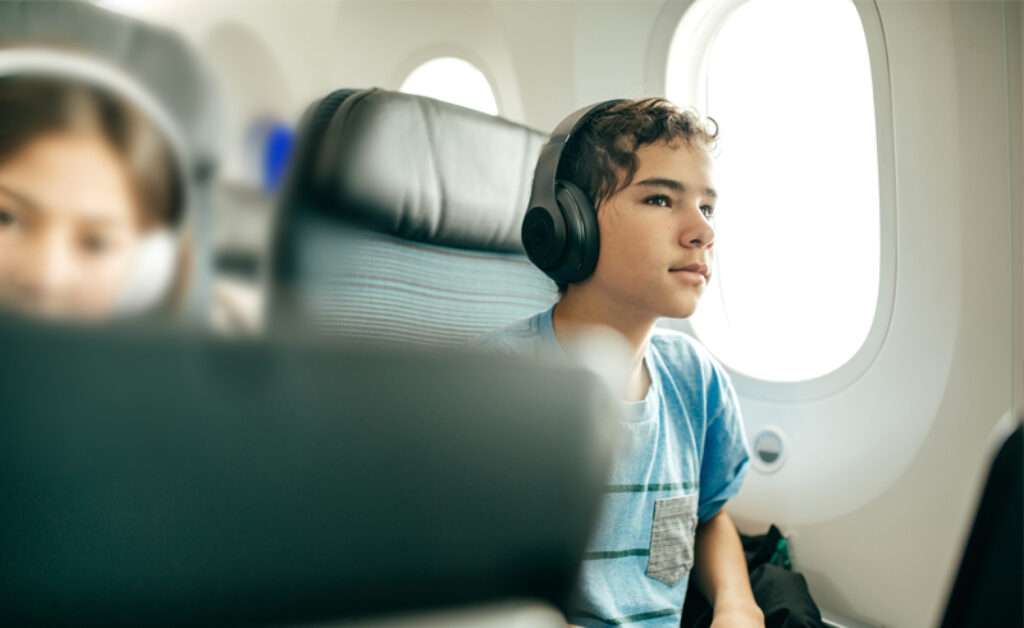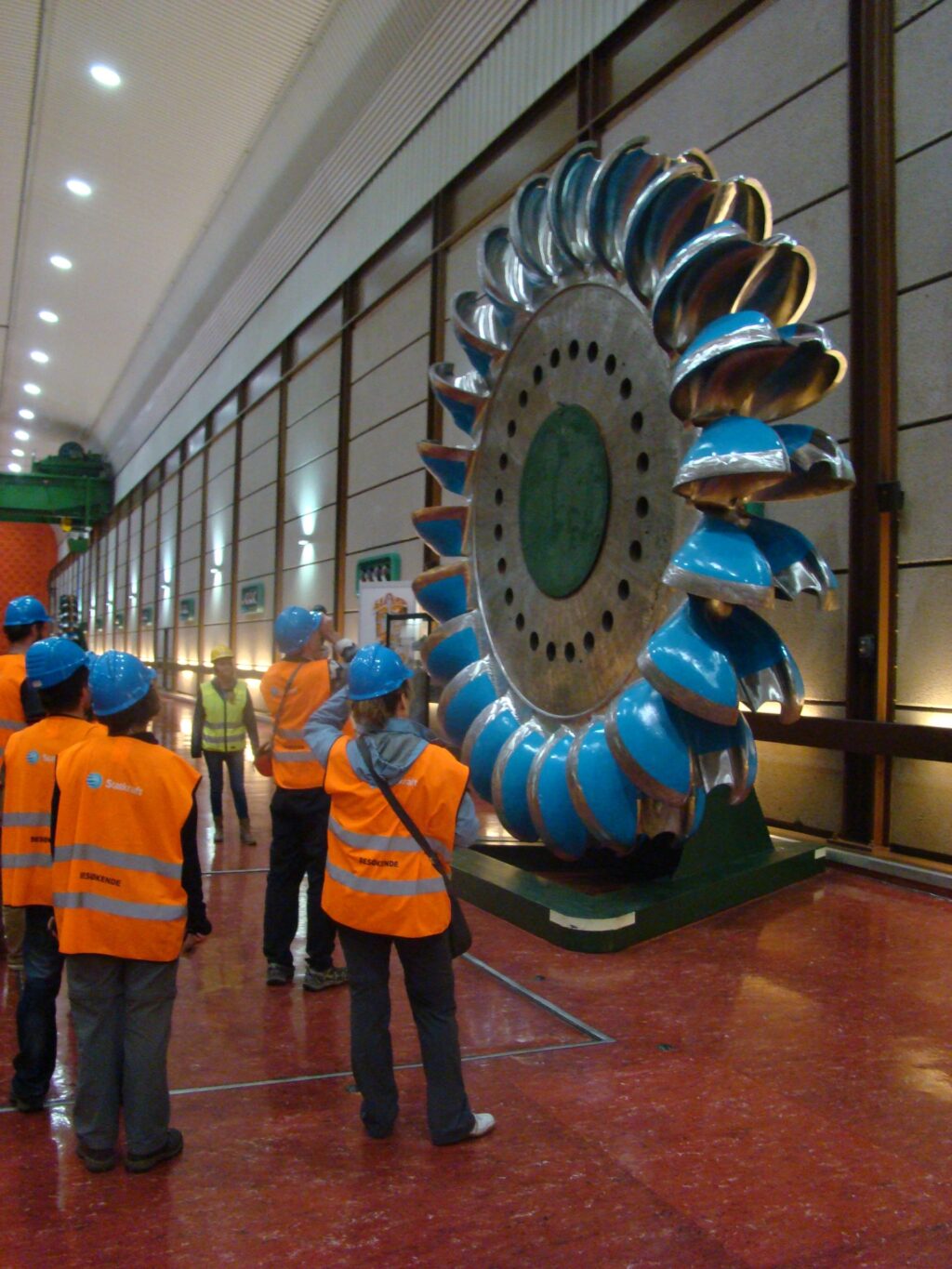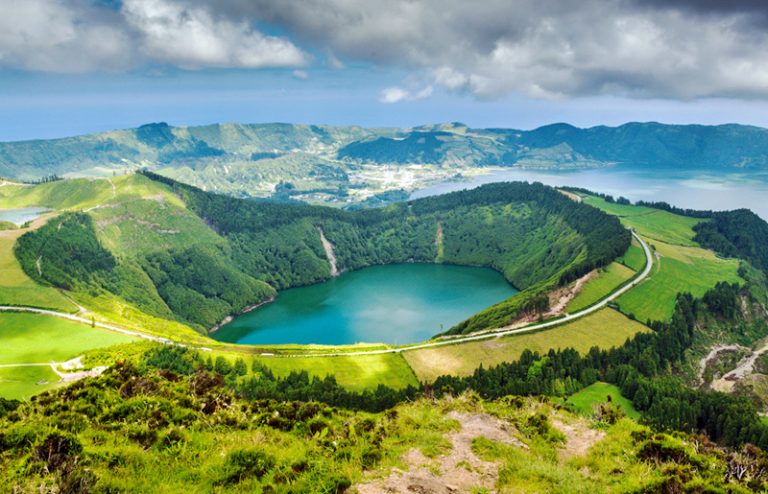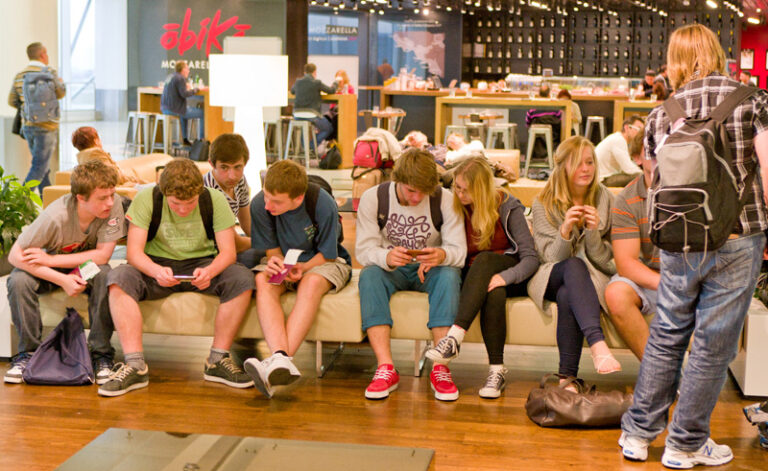To fly or not to fly? The challenges of going green
Combating climate change is one of the greatest challenges of the 21st Century and one that we know you and your students are especially passionate about.
Of course by clicking to read this article you may already suspect that you will know our answer to the question ‘to fly or not to fly?’ We are, after all, a travel company and couldn’t imagine depriving a generation of students from the incredible experiences that have been so crucial in shaping every individual at Discover the World Education.
However, in this article we wanted to share some research that has shaped our current position and helped us develop our approach to Responsible Travel.
Carbon footprints in the sky…
Since the release of the IPCC’s 2018 special report on global warming, awareness of the issues has grown and so has the motivation for many of us to make a difference and protect the world we live in.
It is well known that flying is one of the most carbon-intensive human activities. According to the Economist, aviation accounts for 2% of manmade global emissions, that compares with electricity generation at 44%, road transport at 17%, deforestation at 8% and even cement-making at 4%.
Whilst airlines have embarked on fleet modernisation and most are now a great deal more environmentally friendly than they used to be, there are currently no obvious, significant practical solutions for limiting aviation emissions.
Whilst stopping flying can significantly reduce your own personal carbon footprint, and of course there are ways to offset your carbon emissions, by flying less there are some unexpected consequences and wider implications…

The problem with staying grounded…
According to the World Travel & Tourism Council, the tourism sector is one of the largest industries in the world. In 2018, it contributed $8.8 trillion to the global economy, as well as generating 10% of jobs worldwide.
The United Nations World Tourism Organisation highlights that for many developing countries, tourism is the most viable and sustainable economic development option, and in some cases is the main source of foreign exchange earnings. It is not just developing countries that benefit, Iceland for example, has been lifted out of severe economic hardship, following the 2008 banking crisis.
At present, according to the World Economic Forum, 90% of plastic in the world’s oceans come from just ten rivers in the developing world. Eight of these rivers are in Asia and two in Africa. The rivers are in areas with high populations and poor waste management systems, which often stem from economic, technical, financial and social constraints. Simply put – environmental consciousness is an unaffordable luxury in many parts of the world.
Many experts have argued that by improving living standards and reducing poverty, societies are likely to become more environmentally conscious. So, ironically, tourism may play an important role in supporting these communities to develop sustainable environmental approaches long term.
Inspiring a new generation…
Social, environmental, economic, health and political factors all interlink and need to be harmonised, if any meaningful solutions are to be identified. Hence, studying holistic subjects such as geography and the sciences will be key to building a more sustainable world.
It is often easy to state what needs to be done, but how we get there can be another, very complex matter, where critical thinking will be necessary. Social and cultural changes are key to the process. We live in a globalised world, we are facing a global problem and there are many, many varying social and cultural factors to consider. To successfully influence and negotiate complex change, a deep understanding of the other side’s perspective is often needed. It is well known that travel can be key to broadening the mind and learning about other societies and cultures. Which is one of the many benefits of responsible school travel.
One of the key pillars of Responsible Travel is the sharing of cultures, respecting different ways of life and preserving local traditions.
Not only is it fascinating to learn about the lives of other cultures but also this allows an opportunity to share ideas and potentially find new and improved ways of doing things.
In addition to learning about cultures, there is so much to learn from a scientific and geographical perspective. By learning about subjects such as renewable energy in Norway or rainforest ecosystems in Costa Rica, we create a new generation of young people excited to put what they’ve learnt to good use to protect the planet.
We also know from an educational perspective, seeing the impact of climate change first hand can help to reinforce the importance and need for change. Take Solheimajokull, in Iceland as an example, the glacier has been retreating at an alarming rate and the change is clearly visible for all to see.
At Discover the World Education, we send countless students on school trips to destinations they would otherwise not have the opportunity to visit and we have numerous testimonials explaining how the trip was eye opening, life changing and motivated them for higher education studies and to make a difference.
Striking a balance...
Like so many things in life, we believe the answer to this great dilemma of to fly or not to fly lies in moderation and balance. If you are trying to ensure that your trip plans meet the parameters of ‘responsible travel’ you can ask yourself three questions…
- Will we be benefiting the local economy?
- Will we be negatively impacting the environment and can this be offset?
- Will we be engaging with the local culture?


